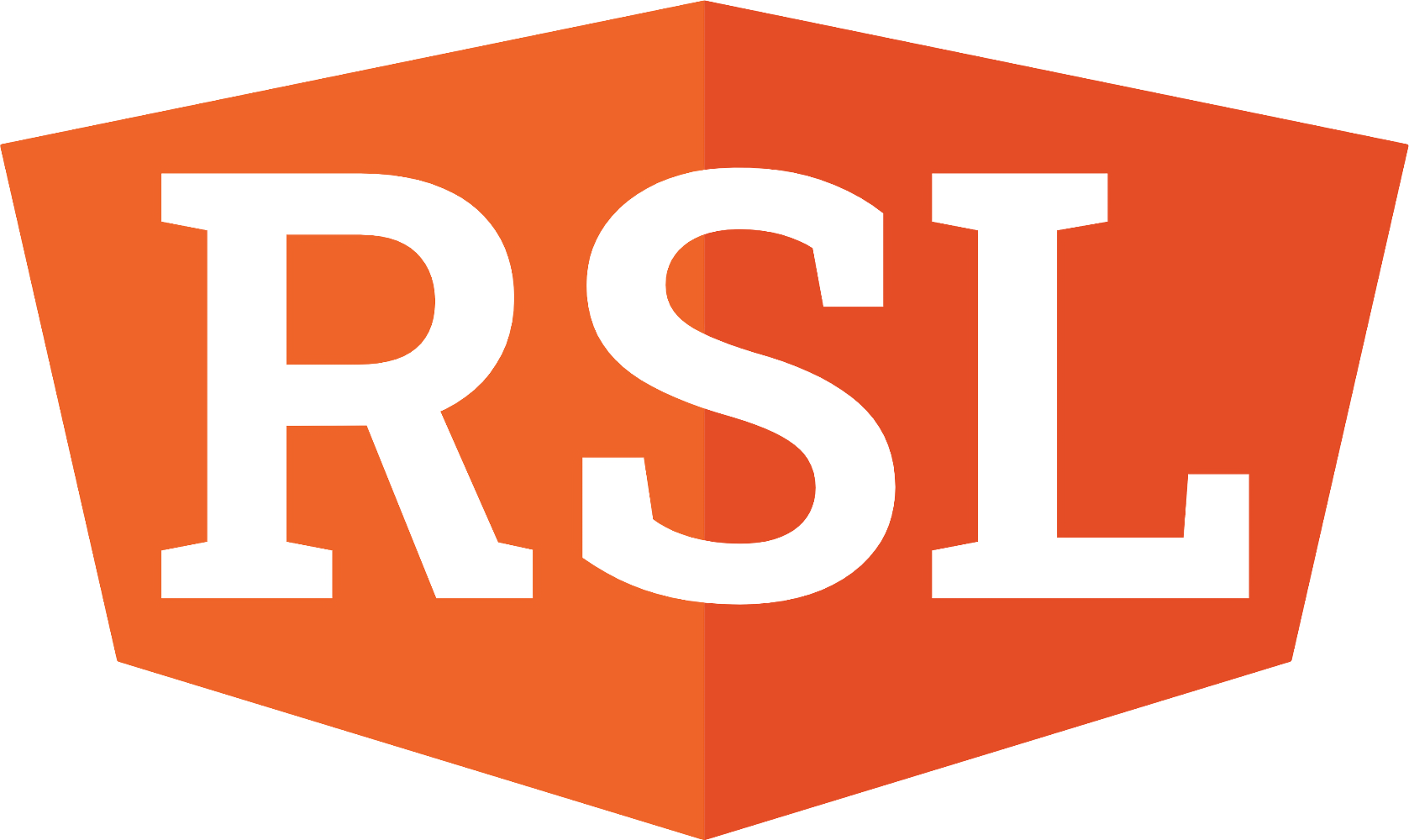RSL and AI Preferences
IETF AI Preferences defines a vocabulary of allowed and prohibited usage cases (e.g., train-ai) for accessing and processing content, but does not define a mechanism for obtaining permission or compensating publishers.
The RSL standard complements the capabilities of the AI Preferences protocol by enabling publishers to not only assert allowed and prohibited use cases, but also define machine-readable licensing and compensation rules for how crawlers can obtain permission for accessing and processing content for those use cases.
AI Preference Example Code
The example robots.txt below prohibits crawlers/agents from using the site’s content for AI training (train-ai=n).
User-Agent: *
Allow: /
Content-Usage: train-ai=nRSL Example Code
The example robots.txt below defines a link to an RSL license file that prohibits crawlers/agents from using the site’s content for AI training unless they obtain permission through the defined licensing and compensation terms.
User-Agent: *
Allow: /
License: https://example.com/license.xmlCorresponding RSL license file referenced in the robots.txt file above:
<rsl xmlns="https://rslstandard.org/rsl">
<content url="/">
<license>
<permits type="usage">ai-train</permits>
<payment type="subscription">
<custom>https://example.com/contact-form.html</custom>
</payment>
</license>
</content>
</rsl>